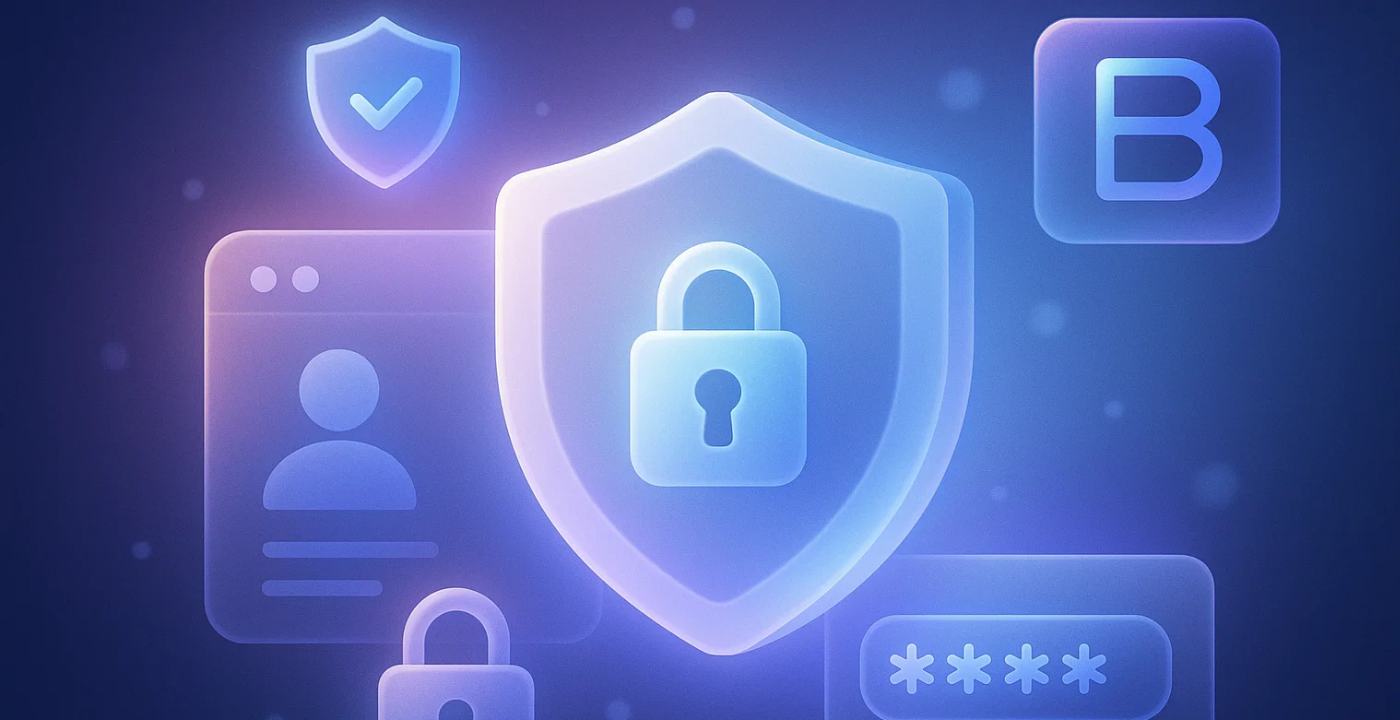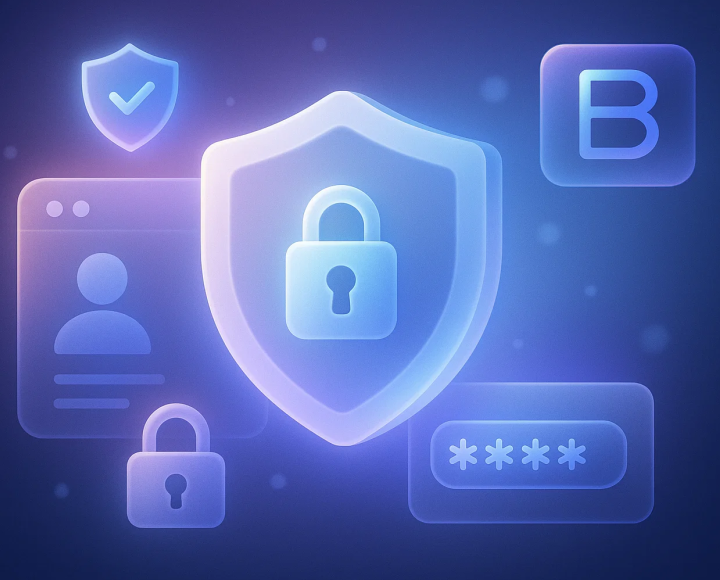5 Easy Ways to Boost Your Personal Cybersecurity

Strengthen Your Personal Cybersecurity — Why Bunkor Helps You Stay Safe
In today’s digital era, each of us carries more sensitive data online than ever before: banking logins, medical records, private conversations, photos, even identity documents. And that’s precisely why cybercriminals are targeting individuals — because we’re often the weakest link. A single phishing click, reused password, or unsecured cloud folder can spiral into full-blown identity theft or financial ruin.
According to CISA, identity theft and personal cyber threats rise when people don’t practice basic security hygiene: “Using safe cyber practices on home and personal devices protects you and your family from cyber threats.” CISA The good news? With Bunkor’s tools and a few mindful habits, you can raise your personal cybersecurity from “vulnerable” to “resilient.”
In this article, I’ll walk you through five practical steps you can take today (yes, even if you’re not a tech wizard) to protect your data — and how integrating Bunkor can elevate that protection further. Let’s make your personal data fortress-ready.
🧱 Section 1: Use Strong, Unique Passwords + a Password Manager
One of the most fundamental mistakes people make is reusing passwords across multiple services. If a hacker gets one, they get all. According to CISA and other cybersecurity authorities, password hygiene is a critical baseline. CISA+2ncsc.gov.uk+2
Here’s what to do:
- Use long, complex passwords — mix upper/lowercase letters, numbers, and symbols
- Never reuse passwords across sites
- Use a password manager (e.g. 1Password, Bitwarden) to store and auto-generate passwords
- Enable Multi-Factor Authentication (MFA) everywhere it’s available — even your email and social media
With Bunkor, your master vault and identity wallet can help you generate, store, and auto-fill your strongest credentials securely, all protected behind strong encryption and MFA. No more sticky notes with passwords under your keyboard.
🛡️ Section 2: Encrypt Your Sensitive Files + Communications
Even with great passwords, data moving across networks or stored in cloud services can be intercepted. Encryption is your shield.
- Always use end-to-end encryption for messaging, documents, and file transfers
- For personal files — tax returns, medical scans, letters — ensure they’re encrypted at rest and in transit
- Avoid sending sensitive attachments via plain email
This is where Bunkor shines. With encrypted file storage, your data is always encrypted using advanced algorithms, and Bunkor’s encrypted document editor lets you write and share files without ever exposing plaintext. Combine that with secure file drop pages you can share — and you’ve got a personal-level fortress for your digital life.
🧠 Section 3: Be Phishing Smart & Think Before You Click
Phishing remains one of the most effective attack vectors. Whether via email, SMS, or social media links, attackers often trick people into handing over credentials or clicking malicious attachments.
Some red flags:
- Urgent language: “Your account will be closed unless you act now”
- Unexpected attachments or links from known addresses
- Slight variations in sender emails (e.g., support@bank-secure.com vs support@banksecure.com)
According to Berkeley’s secure computing tips: always be cautious about links, keep software up-to-date, and use password managers to avoid manual entry errors. security.berkeley.edu
With Bunkor, you can safeguard against phishing by:
- Never opening files directly from email; instead, access them via your encrypted vault
- Using link previews safely inside Bunkor before trusting them
- Having sensitive communication only occur inside the encrypted environment
That breaks the chain of phishing in one simple step.
🔄 Section 4: Backup, Segmentation & Safe Networking Habits
Even perfect defense isn’t perfect. So plan for failure by using backups, isolating devices, and avoiding risky networks.
- Regularly back up your data to an encrypted location (external drive or secure cloud)
- Segment your network (e.g. separate guest Wi-Fi, isolate IoT devices) so an attack can’t jump across everything. Universities recommend segmenting and delineating device roles. Information Technology Services
- Use a VPN on public Wi-Fi — never conduct sensitive tasks open to public networks
- Turn on automatic software updates to patch vulnerabilities
- Disable unused services such as Bluetooth or location sharing when not needed
Bunkor supports safe networking by managing encrypted backups, encrypting all file sync, and allowing you to compartmentalize sensitive data in vaults by risk. You never have to worry about accidentally exposing something critical.
🔒 Section 5: Adopt Zero-Trust & Always Verify
Zero-trust means “never trust anything implicitly” — always verify. Even your own devices, your own network.
- Use device-level encryption and strong login screens
- Always require authentication when accessing sensitive vaults
- Regularly monitor audit logs to see who accessed what and when
- Revoke access when you stop using a device or app
With Bunkor’s built-in audit trail and access controls, you’ll have visibility over every access, change, and share. It’s not paranoia — it’s accountability.
🔚 Final Thoughts — Small Steps, Big Protection
You don’t need to be a hacker or cybersecurity expert to protect your personal data. The strongest defense lies in consistency + awareness + the right tools.
Start by:
- Locking down your passwords and enabling MFA
- Encrypting everything sensitive
- Training your phishing radar
- Backing up securely and segmenting your devices
- Adopting zero-trust habits
And if you choose to build your personal digital security using Bunkor, you get a platform designed to enforce all these best practices—without the headaches.
Because privacy isn’t just a luxury — it’s your right. Let’s make sure your digital life lives up to the trust you deserve.
Protect Your Business Today
With the average cost of a data breach reaching $4.24 million, investing in a reliable cybersecurity solution is not just prudent—it's essential. Bunkor empowers your business with the tools needed to protect one of its most valuable assets: its data.





